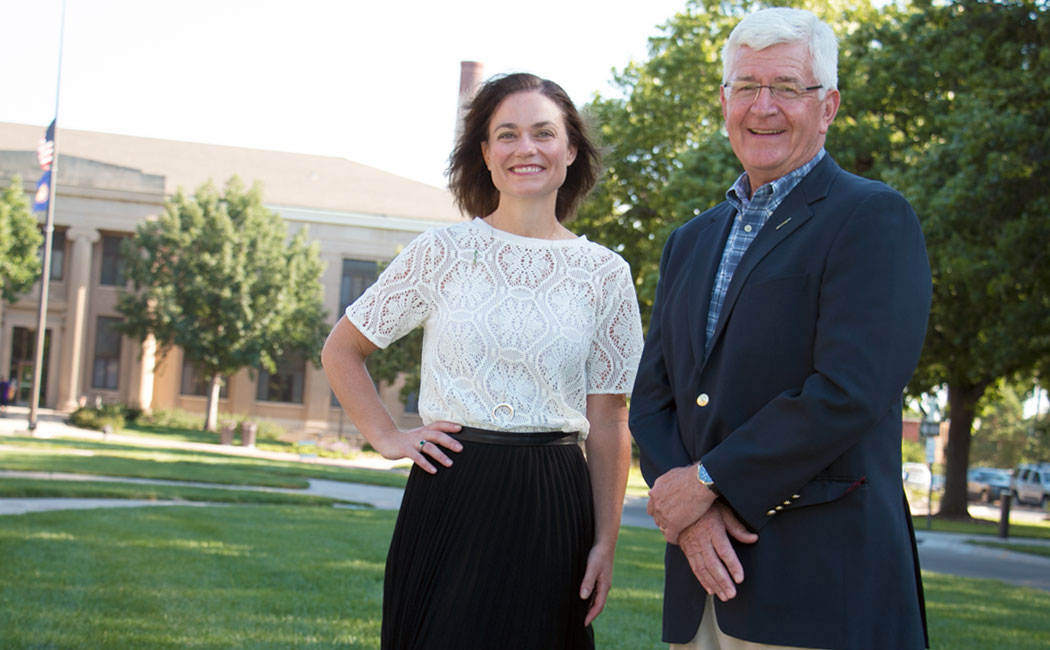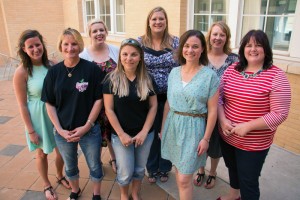
As the school year begins at North Bend Elementary School, preschool teacher Morgan Root is supporting students of all grade levels with an evidence-based model developed by CYFS researchers.
Root is learning to facilitate the model, Teachers and Parents as Partners, as part of a new project focused on training rural school personnel. TAPP supports collaborative relationships between parents and teachers to improve students’ social, behavioral and academic outcomes. It also features a facilitator who guides the problem-solving process.
I had a great experience going through the TAPP training this summer, and I am very excited to create partnerships with teachers and parents in order to meet the needs of individual students in our school.
Morgan Root, North Bend Elementary preschool teacher
Funded by the University of Nebraska’s Rural Futures Institute, the project is the first to train school personnel as TAPP facilitators. The research team, led by CYFS project manager Amanda Witte, is also developing materials for distance training that will take place throughout the school year.
“It’s time to give TAPP away,” said Witte, who has worked with the model for 11 years. “We have good evidence to show that it works, so now it’s time to get it into the hands of people who can use it every day.”
That includes Root, who attended an on-site summer training workshop at UNL. The workshop provided video examples of the TAPP process, interactive practice and an opportunity to connect with researchers before distance training begins.

“I had a great experience going through the TAPP training this summer, and I am very excited to create partnerships with teachers and parents in order to meet the needs of individual students in our school,” Root said.
“(Our school) want(s) to provide life-long skills that our students can use when they leave North Bend (public schools) and enter the working world. By partnering with parents, we feel we will be more successful in accomplishing this common goal.”
To accomplish those goals on a broader scale, the CYFS team will take evidence from the current project and determine how well it works to use school personnel as TAPP facilitators. Potential future directions include larger scale-up studies with schools from across the country.
Building an intervention that can be delivered and sustained by schools takes time, project manager Witte said, and also requires people who are willing to jump on board and try something new. That makes the Rural Futures Institute, with its emphasis on local community empowerment, a “perfect fit,” Witte says.
“TAPP is homegrown,” Witte said. “Nebraska is where our work has started, and it is a great place for us to launch it, too.”
For more information about the TAPP model, including research archives and current opportunities, visit tapp.unl.edu.


